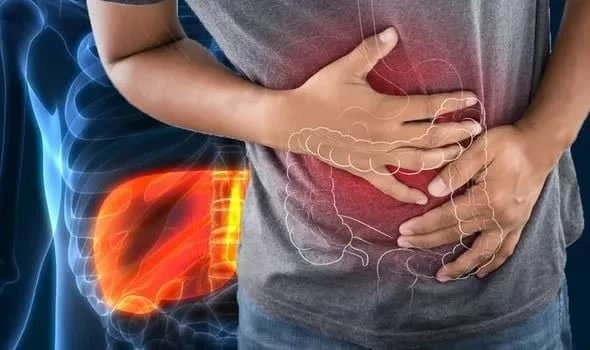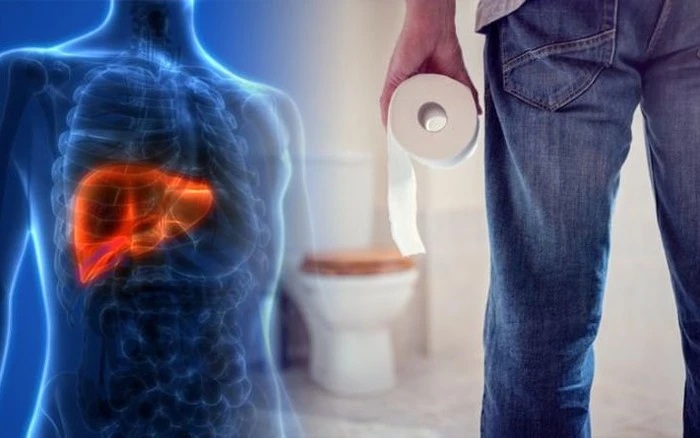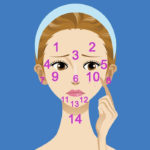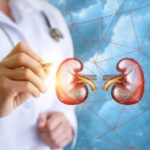Edema
This is one of the primary signs of liver damage. Patients may experience swelling in the ankles, feet, and abdomen. Edema is an indication that the liver damage has progressed to a severe stage. If you have this symptom, you need to seek medical attention immediately.
Chronic Fatigue
One of the common signs of liver disease is persistent fatigue and physical weakness. This is an indication that the toxins in the blood are increasing and the liver cannot properly eliminate these toxins.

Digestive Issues
If the liver is compromised, you may have difficulty digesting food or experience frequent diarrhea. Additionally, if the liver does not produce enough bile, you may experience irritable bowel syndrome, bloating, and gallstones. People with liver disease often experience poor appetite as well.
Abdominal Pain
People with liver disease often experience abdominal pain. The pain is located in the upper right quadrant of the abdomen. In addition to pain, patients may also experience cramping or lower abdominal pain accompanied by bloating. People with liver disease often experience prolonged nausea because the liver has lost some of its ability to detoxify.
Dark Urine
Dark urine can be a sign of liver damage. The cause is the high concentration of bilirubin in the blood due to the liver’s inability to process and excrete this substance normally.
Bilirubin is a yellow-brown pigment in bile, produced by the breakdown of red blood cells.

Nausea and Loss of Appetite
You may feel nauseous and have a loss of appetite or a loss of taste when eating. This can also be a sign of other diseases, but it is related to the production and secretion of bile by the liver. Bile helps emulsify and break down lipids (fats) to be digested. When the liver has a problem, feelings of nausea and loss of appetite are warning signs.
Bitter Taste in the Mouth upon Waking Up
A bitter taste and loss of appetite are common sensations in people who have just awakened or after a high fever. However, if this condition persists, it is a warning sign of decreased liver function. The reason is that the liver’s decreased function will not be able to excrete toxins, causing them to flow back and give you a bitter taste when eating or drinking.
When experiencing a bitter taste, you can divide your meals into several small meals throughout the day. After finishing a meal, do not lie down immediately but stand up straight or sit upright. Also, do not engage in strenuous exercise. Allow time for the stomach to function properly. Have a scientific diet with sufficient water intake, eat more vegetables, and avoid harmful foods for the liver such as alcohol, beer, canned foods, fast food, and oily foods.
If these measures do not relieve the condition, it is necessary to go to a medical facility for regular health check-ups and to check liver and gallbladder function.
Itchy Skin
The body can be allergic, itchy, and inflamed due to poor liver function, unable to excrete toxins from the body. When infected, the liver’s function no longer works well, including filtering and excreting toxins. Harmful substances accumulate more in the body and gradually manifest as abnormal clinical signs such as itchy rashes on the skin.
Pruritus in pruritus disease due to the liver usually has a lurking sensation along with a hot feeling all over the body, increasing when the ambient temperature suddenly drops, such as in the rain or windy weather. This is also a characteristic that helps distinguish itchy conditions with rashes due to the liver from other dermatological conditions.
However, this can also be a manifestation of some other diseases. Therefore, when experiencing itchy skin, recurrent itching, greatly affecting the quality of life, it is necessary to go to a medical facility for examination and consultation.





































